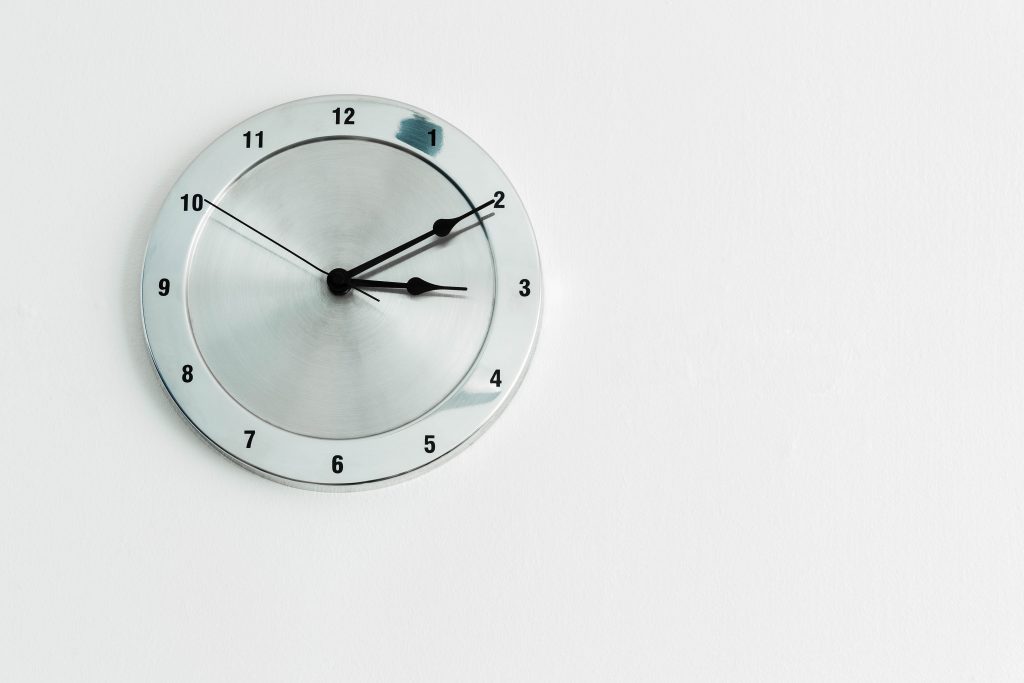Changing The Time We Live In Posted by Sten on Oct 29, 2018 in Culture, Dutch Language, Dutch Vocabulary, News
A debate is going on in Europe right now that shows the importance of language very nicely. The European Union (EU) is going to abandon Daylight Savings Time. The question now is – what time will become the standard? The zomertijd (summertime) or the wintertijd (wintertime)?
Welke tijd?
In the segment above, Arjen Lubach in his show Zondag met Lubach breaks down the issue from a Dutch perspective. He points out a problem: The majority of people wants to choose the zomertijd, and that is problematic for health reasons, which he explains later. Most experts appear to warn that the zomertijd would be quite harmful in winter, so the winter time should be the standard, as summer days are longer anyway. Regardless that debate, it is not what this post is about – instead, let’s focus on the ambiguity of the word tijd (time).
In his segments, Arjen Lubach often makes woordgrappen (puns), and he does it here too:
De tijden gaan veranderen, want de tijd gaat niet meer veranderen
(The times are changing, because the time is not changing anymore)
Het gaat over de vraag: in welke tijd willen we leven?
(It is about the question: in what time do we want to live?)
And those puns are possible because of the multiple meanings of the word tijd:
Why does that matter? Because it influences the reason people choose for one time or the other. The reasons for or against one time or the other are not that easy to discern, since it is not a highly discussed topic. So what do people base their choice on? Lubach added a section from some interviews with some Dutch burgers (citizens), where they asked the question:
Stel de wintertijd wordt afgeschaft, dus we hebben alleen nog de zomertijd, wat betekent dat dan?
The second and third person responded that this means it will no longer snow and that winter clothes are no longer needed. They obviously refer to the other meaning of zomertijd and wintertijd than in the sense of daylight savings time.
So then, it seems that the summer simply is more popular. People associate the summer with a good time, and the winter with a not-so-good time.
In other words (and another pun):
Als je een populariteitswedstrijd houdt tussen de winter en de zomer, wie wint er: de zomer.
(If you hold a popularity contest between the winter and the summer, who wins: the summer)
So you say zomertijd, and this is what people think:
https://www.youtube.com/watch?v=_p11VE9_Hrs
Yet this is actually meant with zomertijd in this context:
The problem is the different definitions of time, which are the same for the Dutch tijd.
What we are really talking about here is definition 2, NOT 1. But it is just quite unusual to talk about that meaning of time.
And so we confuse it. But it may have real impacts on our health. This shows that the context and phrasing of the question really matters!
What are your thoughts? Let me know in the comments below!

Build vocabulary, practice pronunciation, and more with Transparent Language Online. Available anytime, anywhere, on any device.






Comments:
William Eby:
Hi! We are the European Union! We want to regulate everything, like how many feathers you are allowed to have in a down pillow! But we decided in our wisdom to deregulate something that is actually pretty smart to regulate! Enjoy your confusion!
I live in Indiana, a state in the United States that used to not change clocks, even though almost everyone else but Arizona and Hawaii did. In 2006 we decided to join everyone else. It was confusing telling people we didn’t change, and thus we would be in the Eastern time zone in the winter, and the Central time zone in the summer.
If Europe is not unified in what they do time wise, good luck with that! Trying to find out what time it is in another country will take some getting used to, I guess.